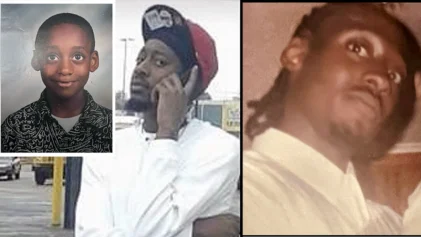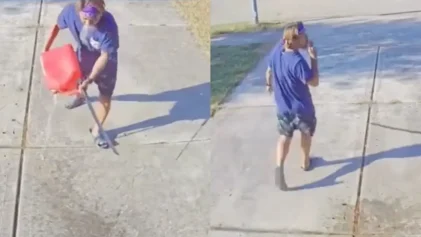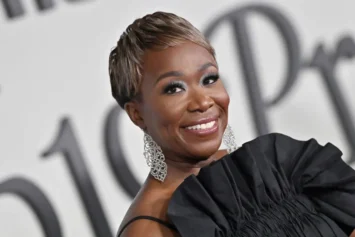
The Louisiana State University Tigers. Photo by Derick E. Hingle-USA TODAY Sports
Football season is upon us, so it’s not uncommon to see the average crazed fan sporting the home team’s signature colors while screaming “TOUCHDOWN!” at the top of his lungs. On the flip side, that same raw emotion is often amplified when the team suffers an unexpected loss.
Many American football fans have emotional ties to their favorite teams — so much so that the “emotional shock” from an upset results in clouded judgement and biased decision-making. This was exactly the case for 207 Louisiana judges who presided over 8,228 juvenile cases from 1996 to 2012.
According to a recent study titled “Emotional Judges and Unlucky Juveniles,” judges in Louisiana handed out lengthier sentences to youths who appeared on trial the week following an LSU Tigers upset. The analysis, authored by LSU economics professor Ozkan Eran and fellow LSU professor Naci Mocan, also found that Black youths were disproportionately affected by the “football mania bias,” the Juvenile Justice Information Exchange reports.
“Importantly, the results are driven by judges who have received their bachelor’s degrees from the university with which the football team is affiliated (LSU Tigers),” the study states. “These results provide evidence for the impact of emotions in one domain on a behavior in a completely unrelated domain among a uniformly highly-educated group of individuals (judges), with decisions involving high stakes (sentence lengths). They also point to the existence of a subtle and previously-unnoticed capricious application of sentencing.”
The findings are disturbing, yet very telling of the implicit racial bias harbored by judges in the justice system. It’s also cause for concern, as appointed judicial officials are expected to interpret the law and hand down sentences that are free from bias or personal opinion.
“This study has wide-ranging implications on the juvenile justice system, especially giving hard evidence in support of why every system should adopt objective detention decision instruments at the front door, and risk and needs instruments at disposition hearings,” Steven Teske, chief juvenile court judge of the Clayton Judicial Circuit in Georgia, told the JJIE.
According to the report, incarceration and probation sentencing rates for juveniles who went to trial the week following an unexpected LSU loss were increased about 35 days per defendant. The type of offense the juveniles were accused of played no part in their harsh sentencing, JJIE reports.
This pattern was consistent over the 16-year span, but even longer sentences were handed down when the LSU Tigers lost an important game.
The JJIE noted that defendants had no way of avoiding the high-risk workweek following an LSU loss, as a computer is tasked with randomly setting the court schedule. Youths selected for trial that week were simply unlucky.
Yet, authors of the study were still unable to account for the impact of football fandom on the sentencing disparities between Black youth and white youth. For example, sentences increased 64 days for Black youth who appeared in court a week after a LSU upset. In contrast, the sentences of white youth only increased about eight days, according to the study.
“[Black defendants] bear much of the burden of judges’ wrath due to this emotional shock, which hints at a negative predisposition towards black defendants,” the study states.
Rachel Gassert, policy director at the Louisiana Center for Children’s Rights, said findings such as these are the main reasons the justice system needs an overhaul in “fair and objective processes,…sufficient checks and balances [and] training and robust funding for juvenile public defense.”


